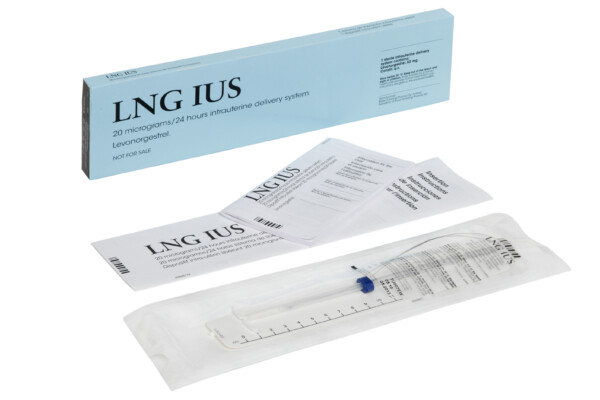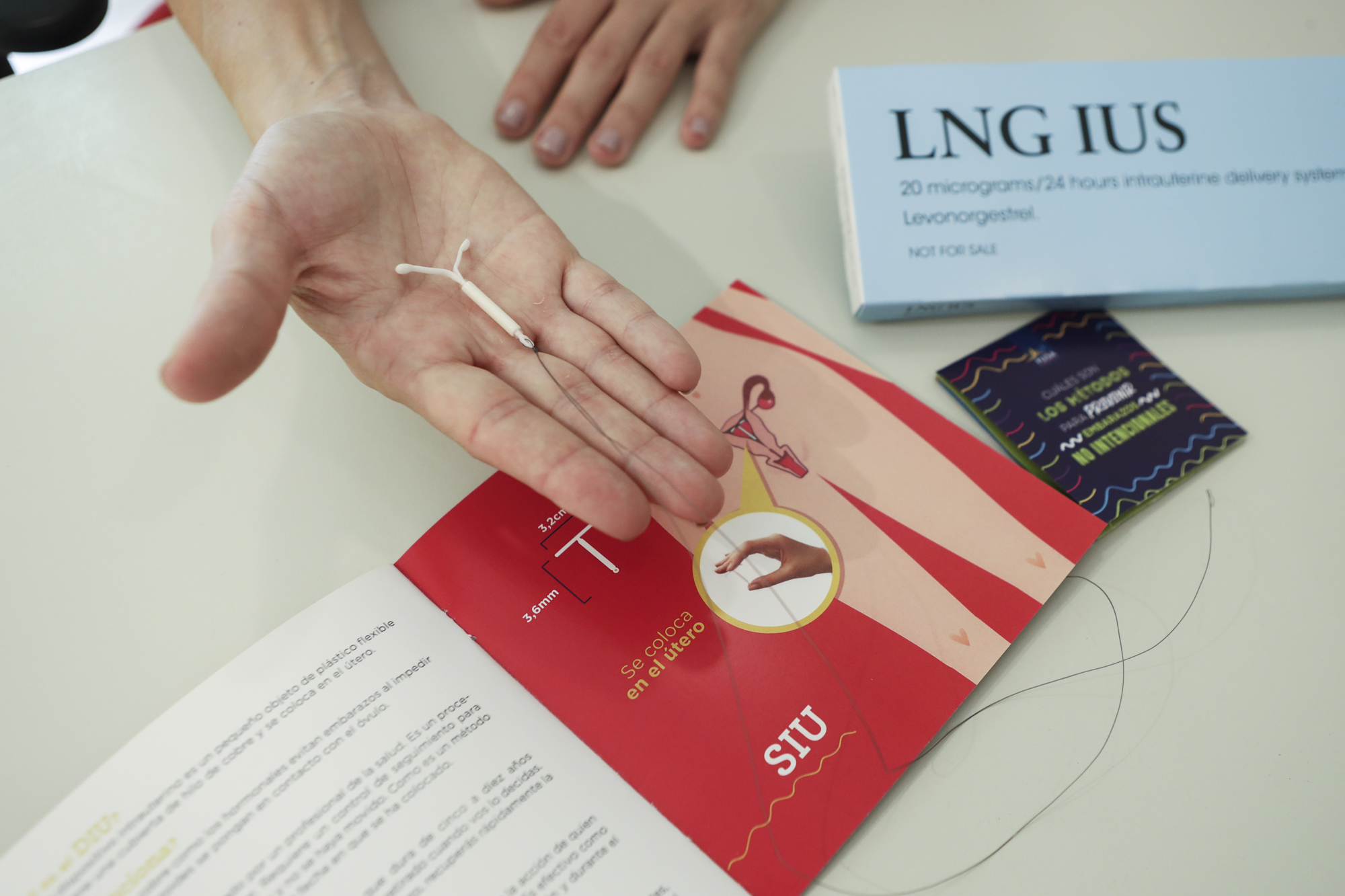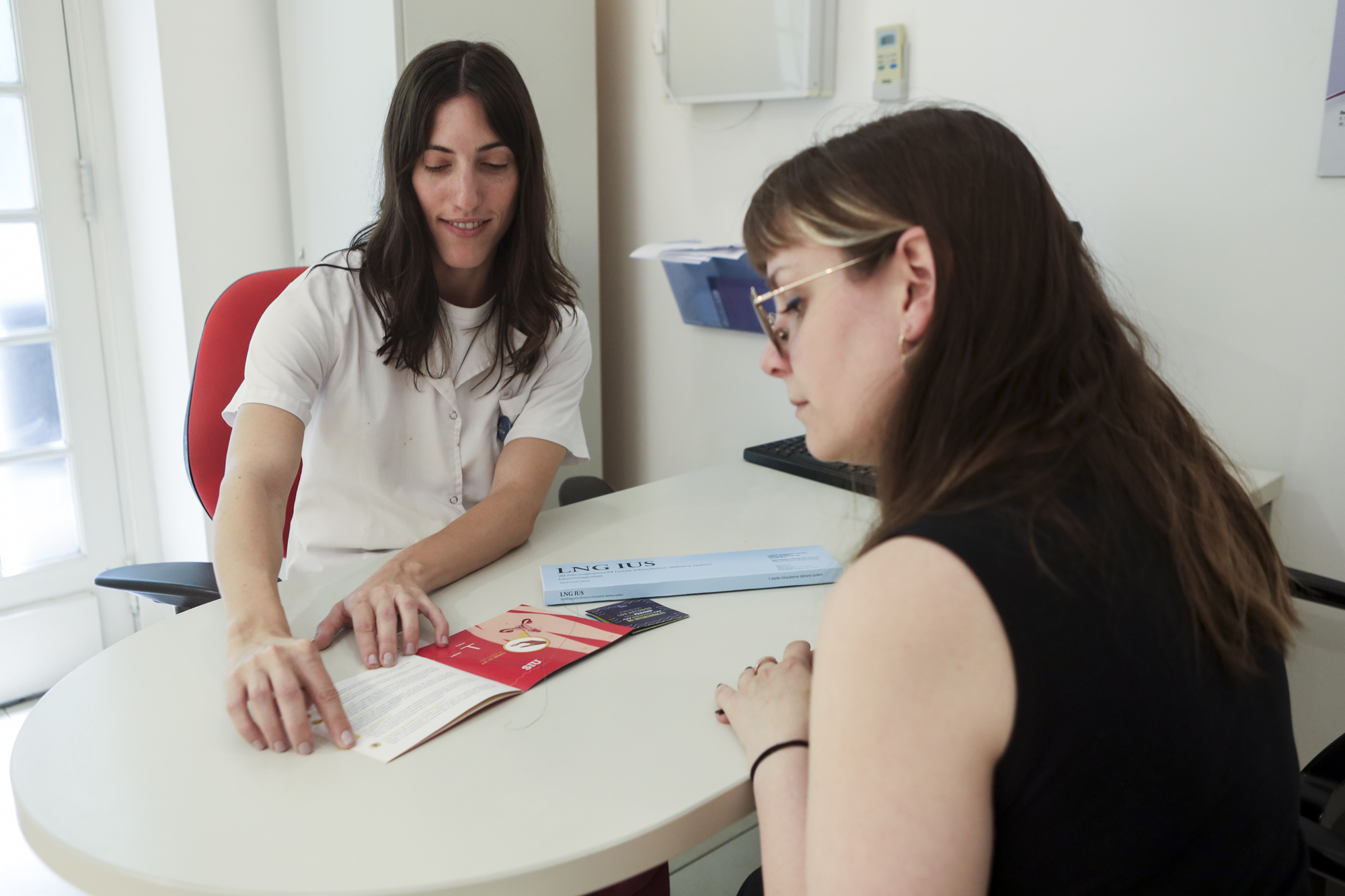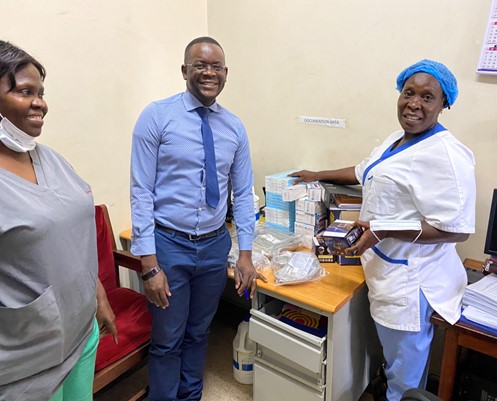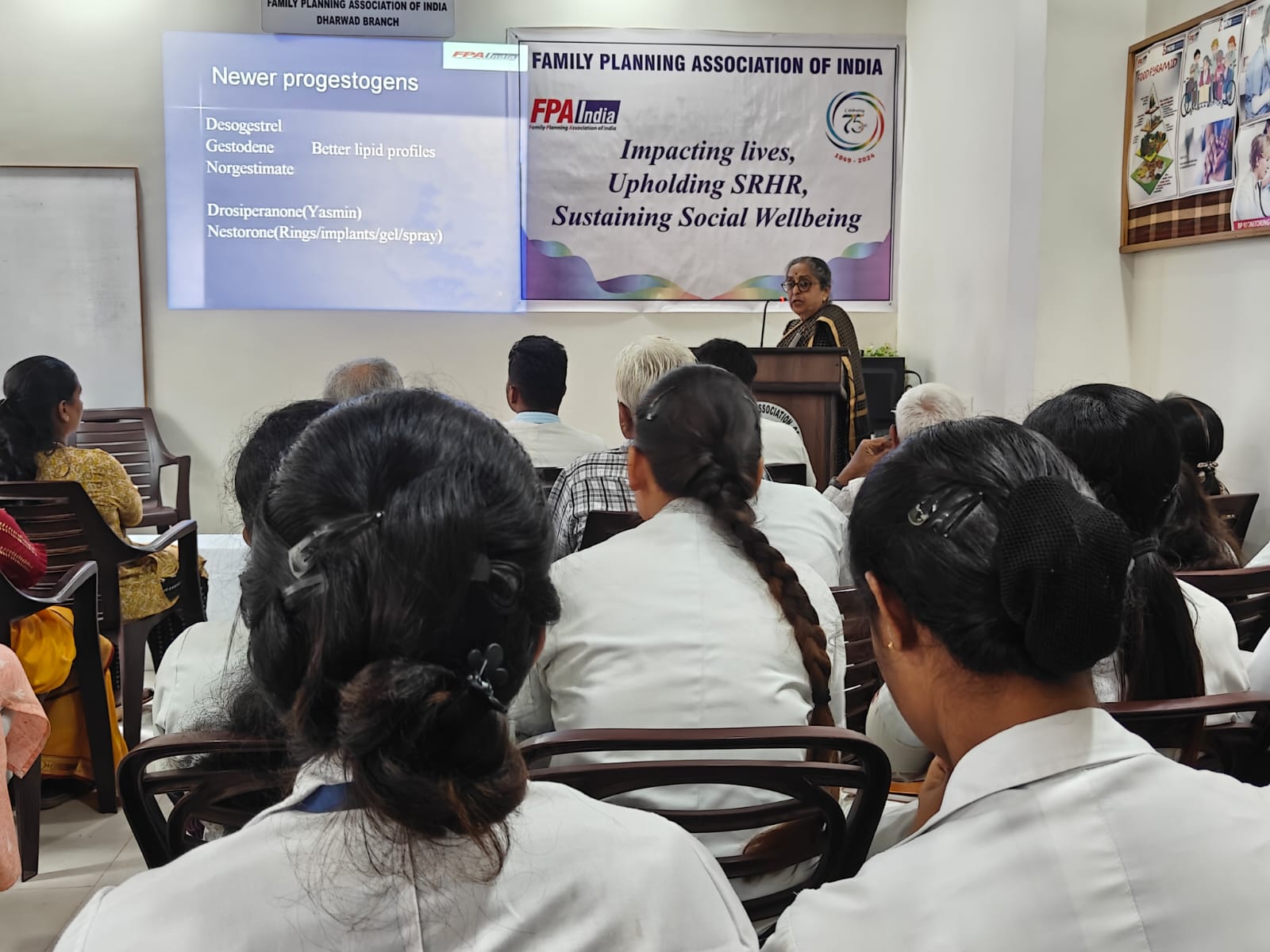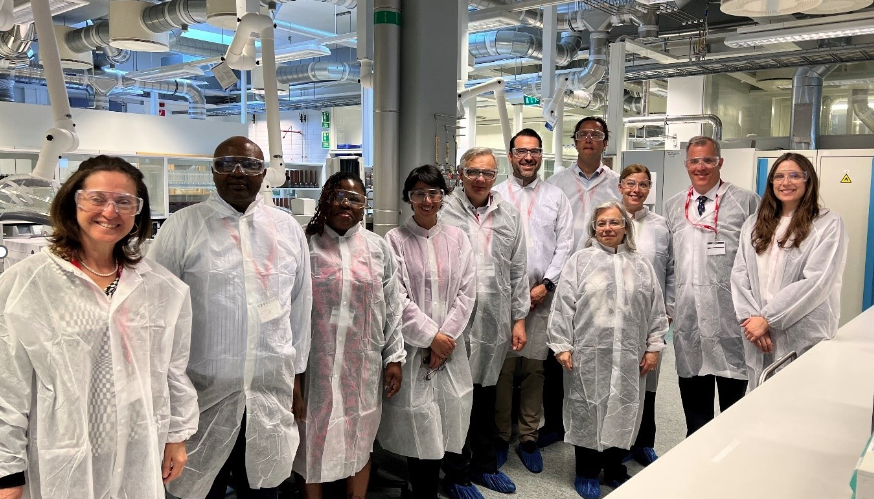
The December 2000 approval of Mirena®, the first hormonal intrauterine device (IUD), by the United States Food & Drug Administration (FDA) represented a significant expansion in the field of long-acting reversible contraception and treatment options for heavy menstrual bleeding. The hormonal IUD is one of the most effective contraceptive methods in the world and is considered first-line treatment for heavy menstrual bleeding (which affects up to 30% of women), as well as treatment for iron-deficiency anemia and endometriosis pain.
The hormonal IUD was developed at the Population Council by a research team headed by Professor Tapani Luukkainen, a member of the International Committee for Contraception Research. Upon FDA approval, the Population Council sought to extend access to the product so that women in low- and middle-income countries (LMICs) could have the opportunity to use the hormonal IUD.
With this goal in mind, the Population Council and Schering (later acquired by Bayer) formed the ICA Foundation to donate the unbranded levonorgestrel releasing intrauterine systems (LNG IUS) on a not-for-profit basis to women in low- and middle-income countries.
The ICA Foundation was formed in 2003 and officially registered at the National Register of Foundations in Finland in 2004. Since its founding, the ICA Foundation has been managed by an international Board of Trustees. The current Board includes representatives from Population Council, Bayer AG, International Planned Parenthood Foundation (IPPF), Population Services International (PSI), Fundación ESAR, and Jhpiego.
Since its first donation in 2005, the Foundation has donated nearly 250,000 LNG IUS to service-delivery organizations, not-for-profit organizations, hospitals, ministries of health, and members of global service-provider networks across 47 countries. These donations have often been the first type of hormonal IUD ever introduced in these countries, which has led to a positive impact globally on increasing awareness of and access to this highly effective method of contraception.
In addition to expanding access to the LNG IUS, the Foundation has played an important role in facilitating broader global access to other hormonal IUDs. Research conducted by Jhpiego and PSI, with support from United States Agency for International Development (USAID) and the Gates Foundation, in Kenya, Madagascar, Nigeria, and Zambia utilized products donated by the Foundation to demonstrate women’s satisfaction with and desire for the method. This research later helped incorporate the hormonal IUD into national health systems and contributed to governments’ decision to scale up the method. In April 2021, the hormonal IUD was added to the United Nations Population Fund (UNFPA) and USAID product catalogs for the first time, in part stimulated by the experience and availability of the LNG IUS via the ICA Foundation.
The ICA Foundation illustrates how non-profit and for-profit organizations can introduce novel methods of contraception to women in low- and middle-income countries at the same time as users in the high-income countries, and ultimately help serve the reproductive needs of women. In November 2024, the ICA Foundation is celebrating its 20th anniversary with a Board Meeting in São Paulo, Brazil, and a visit to the University of Campinas, the site of one of its longest-standing projects.
For more information on the ICA Foundation, please visit https://ica-foundation.org/.

